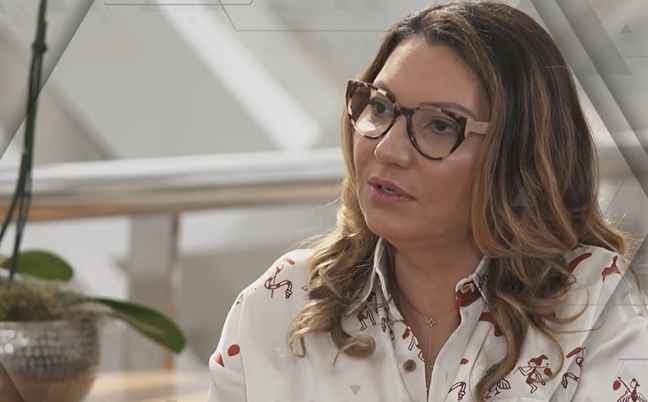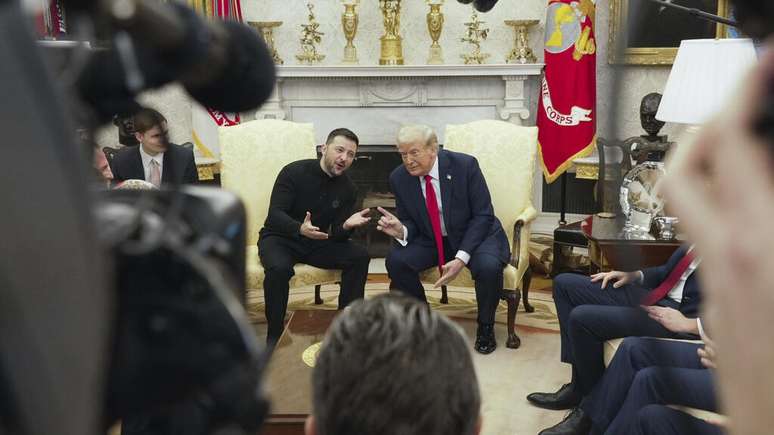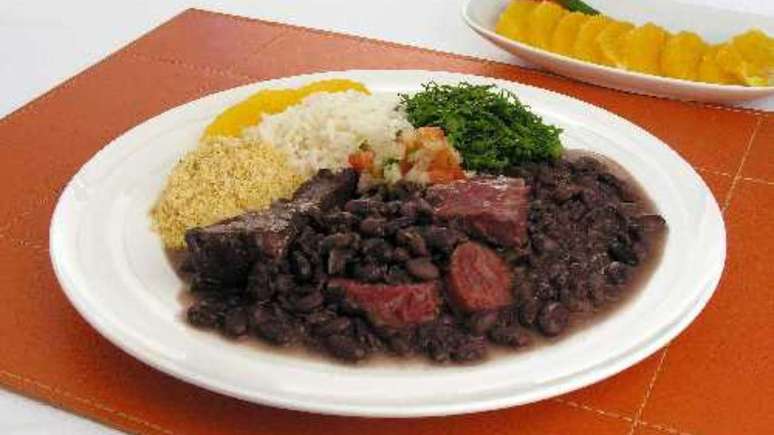The future first lady, wife of President-elect Luiz Inácio Lula da Silva (PT), gave her first television interview this Sunday

The future first lady Rosangela Lula da Silva, known as ‘Janja’, gave her first official interview to a television station, broadcast on Sunday 13 by the Sunday program Fantástico, Globe TV. The 56-year-old from Paraná spoke about her role in the election campaign, her relationship with President-elect Luiz Inácio Lula da Silva (PT) and her role as first lady.
Janja, who is a sociologist, says she began her political trajectory at the age of 17, when she joined the PT in 1983, during the Diretas Já movement. Born in Curitiba, she says that among her passions is a love of music and football, and is inspired by her mother’s image of her. “My example of a woman, of strength”.
According to the Paraná woman, she met Lula during a soccer match organized by the Movement Without Land (MST) in 2017, which she had gone to to meet Chico Buarque. You have maintained contact with the president-elect ever since, including during the 580 days Lula was detained at the federal police headquarters in Curitiba.
The couple grew close and kept in touch through letters, even going as far as planning their wedding. Janja says the two shared happy and sad moments in their correspondence, such as the death of Lula’s nephew Arthur, who was seven years old at the time, from meningitis.
Janja was one of the people who received Lula at the gates of the PF in Curitiba when the president-elect was released, in April 2019. “It was a moment of great happiness, it was a moment when I saw hope coming out of that prison. I was outside the federal police gate and I didn’t move, I stood still and when I saw him he was hugging me”.
the sociologist He also spoke about his mother’s death., following the complications caused by covid-19. “It was perhaps one of the saddest moments of my life. When she was diagnosed with Alzheimer’s, which is a very sad disease, I prepared myself psychologically to lose my mother to Alzheimer’s, but I wasn’t prepared to lose her to the covid-19”.
Political activity
Janja played a central role in the entire PT campaign for the Presidency of the Republic, including his appointment as articulator between the alliance between Lula and candidate Simone Tebet (MDB), who supported him in the second round of elections.
“There is nothing scheduled, it often happens in the heat of the moment, the call to Simone, we were at home, I picked up the phone and put them on the talk. I have no role in the political articulation,” revealed the future first lady.
The sociologist says that she was resisted by colleagues because of her presence in Lula’s campaign, but that she only cared about helping her husband. “The opinion that mattered to me at the time was my husband’s. If it was important to him that I do certain things and be on his side. safety as well.”
When asked whether the criticisms were motivated by machismo or jealousy, Janja believes that both reasons have given voice to any resistance from co-religionists.
“It was a little of each, there was machismo because perhaps the figure of Lula alone was enough and now he has a woman on his side, not that completes him, but that adds to him in some things, which didn’t happen before , and he there is a sum that is me, and I am this purposeful person, who doesn’t sit down, but who gets up and does it,” said the sociologist.
role of prima donna
For Janja, the PT government owes it to female support, which resulted in an advantage in votes over the defeated current president, Jair Bolsonaro (PL). “We have a great responsibility towards the women who voted for him, who gave him a great victory in both the first and second rounds.”
When asked about the first lady’s role, Janja talks about “re-meaning the content of what it means to be a first lady, bringing some important guidelines for women, for people, for families, an articulation role with people.” She cites inspirations like Eva Perón and Michelle Obama.
As for the challenges for the next government, the future first lady believes in rekindling the “flame of solidarity” in the Brazilian population. “Perhaps reawakening some solidarity and compassion in a part of the Brazilian population that had gone astray somewhere. I think this will be the biggest challenge, to rekindle the flame of solidarity,” she concluded.
🇧🇷The best content in your email for free. Choose your favorite Terra newsletter. Click here!
Source: Terra
Camila Luna is a writer at Gossipify, where she covers the latest movies and television series. With a passion for all things entertainment, Camila brings her unique perspective to her writing and offers readers an inside look at the industry. Camila is a graduate from the University of California, Los Angeles (UCLA) with a degree in English and is also a avid movie watcher.



-1ib3phbp1ylh2.png)



